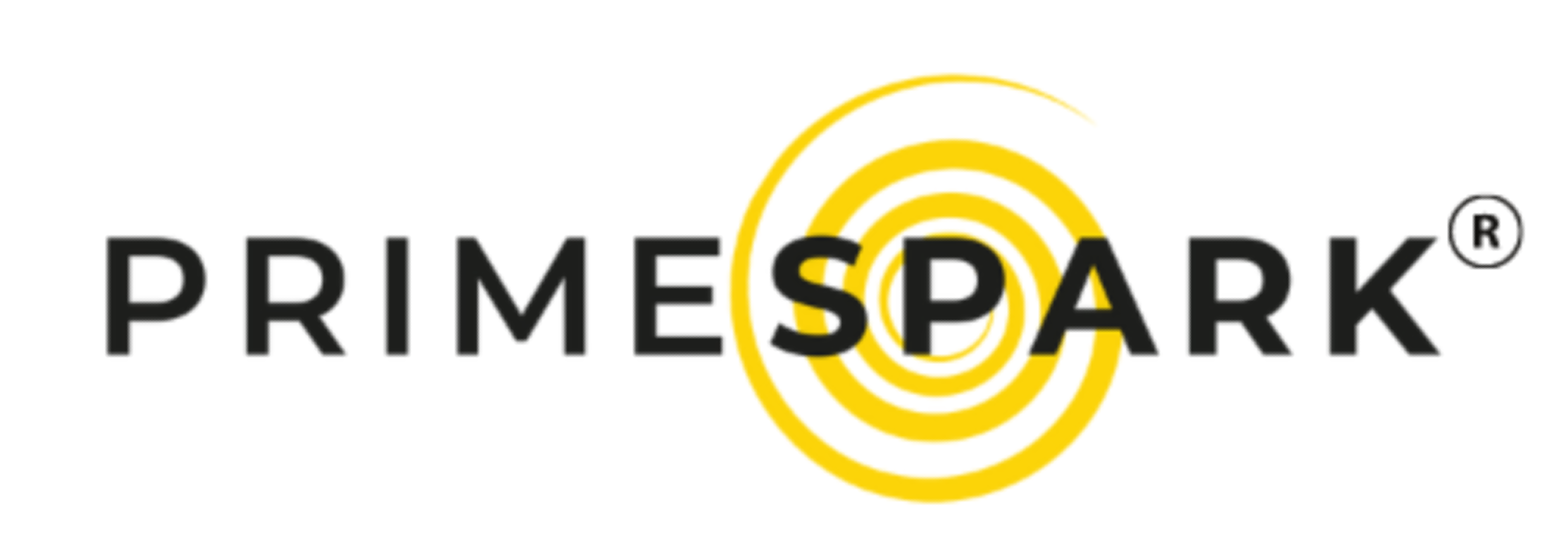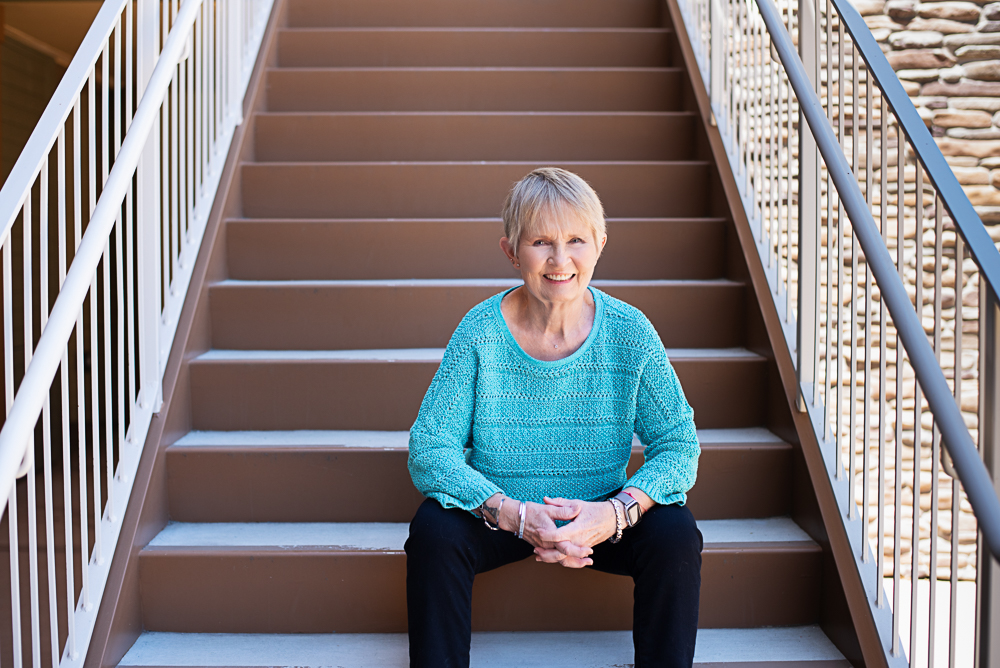Recently I asked a group of women on a networking Zoom call how I should talk about my work with older women. I explained that sometimes I get a response, often quite a vehement response, that’s something like, “Sara! I don’t want to think about getting older!” Well… we’re Facing Reality: You Are an Older Woman.
The women on the Zoom call suggested that I not use the word “older,” but rather talk about the “wisdom years,” or the “next, best phase,” or how we’re “getting better.” Now, I agree with all of these ideas, but we ARE getting older. If someone were to point me out to another person as we’re all standing in a room together, they wouldn’t call me “that younger woman over there.” They would say “that older woman over there.” Or they might be more descriptive by saying “the woman with the red jacket,” but they definitely would not say “that younger woman.”
Facing Reality: You Are an Older Woman
Several days ago I was feeling pretty lousy and decided I hadn’t gotten enough sleep. Then, because my neck, shoulders, and arms ached so much, I thought my Peloton bike wasn’t set up properly and the seat was too far from the handlebars. I compared the distance between the bicycle seat and the handlebars with my regular road bike. I even searched the Internet to find out if there’s a way to slide the Peloton’s seat closer to the handlebars than the adjustment allows. While I was doing this, my back started hurting, which I decided further proved my theory about the bad position on the Peloton.
This went on for several hours, while at the same time I was adding layers of clothes because I was getting colder and colder, thinking the temperature outside must have dropped significantly.
Finally, I took my temperature and realized I was really sick! Duh! And at this point I got a big cup of hot tea, took a Tylenol, lay down on the couch, and went to sleep. All perfect responses to being sick and appropriate steps toward getting better.
What does this mean to me?
It means that we are most effective when we deal with reality—when we see what IS and respond appropriately. For women over 55, this isn’t necessarily an easy thing to do because of the way our society portrays us and the role models we had growing up. Are times changing? Yes, there are more older women in major roles on TV and in movies than there used to be. There are a few more dynamic older women highlighted in advertisements in print publications. But the gains so far are not significant.
So, what IS the reality? The reality is that we ARE getting older. After the age of 55, we ARE older women. Yay for us because we also are wiser, better in so many ways. We are entering the next phase of our lives—which can be the very best phase of our lives. For our generation and the ones to follow, being an older woman means having twenty, thirty, forty, or even fifty more years to live a full, robust, vibrant, active, involved, contributing, and purposeful life. This is a new era. We are in the process of redefining what it means to be an older woman. So let’s step up and proudly become what we are.
What might this mean for you?
For some of the women I work with, it means really paying attention to what is calling to them right now. I encourage them to think of it this way rather than to “listen for their calling,” because too many of us that phrasing suggests something momentous, an imperative to change the world. Now, that may be true for some, but even if what’s calling to a woman at this stage of her life isn’t that grand, it’s still meaningful for her and no less important for the impact her next steps may have on others.
It’s not always easy for a woman to know what’s calling her. She may have spent her entire adult life looking after the needs of others. Now she may have no idea what her own needs are. But this point in her life can be very powerful. Perhaps for the first time, she can focus on herself and what she wants next. And she can do this if she faces the reality that she is an older woman who has a lifetime of experiences, a whole storehouse of skills, and a depth of wisdom that she hasn’t had at any previous time in her life.
Another woman may have spent her adulthood working in a career that has been very important to her. That has largely defined who she is to herself. And now it no longer seems to be quite enough. But what will it mean to no longer be seen as the highly-skilled professional woman she has always been? What’s next? For her, it’s equally important to face the reality of being an older woman who has so much to offer. She has so much to contribute in whatever way will bring her a deep sense of fulfillment now and going forward, to listen for what is calling her now.
Denial Won’t Change Things
The years around age 55 and beyond can be a scary, dizzying time. What you have been may no longer be who you are. It certainly isn’t the woman you will be going forward. But denying reality isn’t going to change it, and denial certainly won’t make you any younger. In fact, the longer you deny reality, the more time you’ll waste. Instead, you could be figuring out what’s calling you. (Think how much sooner I would have started feeling better if I hadn’t spent all afternoon messing with my Peloton!)
So, the next time you’re tempted to use a euphemism instead of embracing the reality of your age, take a deep breath and try this instead: I am an older woman. I’m in the prime of my life. And I’m magnificent.
The Prime Spark Membership Community is designed for women 55 (or close) and older to support one another, learn and grow together, and further the mission of Prime Spark. Membership is closed for 2021. If you’re interested in joining in 2022, please send an email to [email protected] and ask to be placed on the waitlist.
Sara Hart, PhD, is an author, speaker, and coach. She is leading the charge to change how older women are seen and treated in our society. She is the creator of Prime Spark, a movement to transform how women over 55 take responsibility for their futures. Sara is the author of three books. She also has over forty years’ experience in leadership development, coaching, and building thinking environments. She was director of training and development for a Fortune 100 company. Sara was also an executive director of the Institute for Women and Technology. To learn more about claiming your power as a senior woman, visit Prime Spark today!


Recent Comments